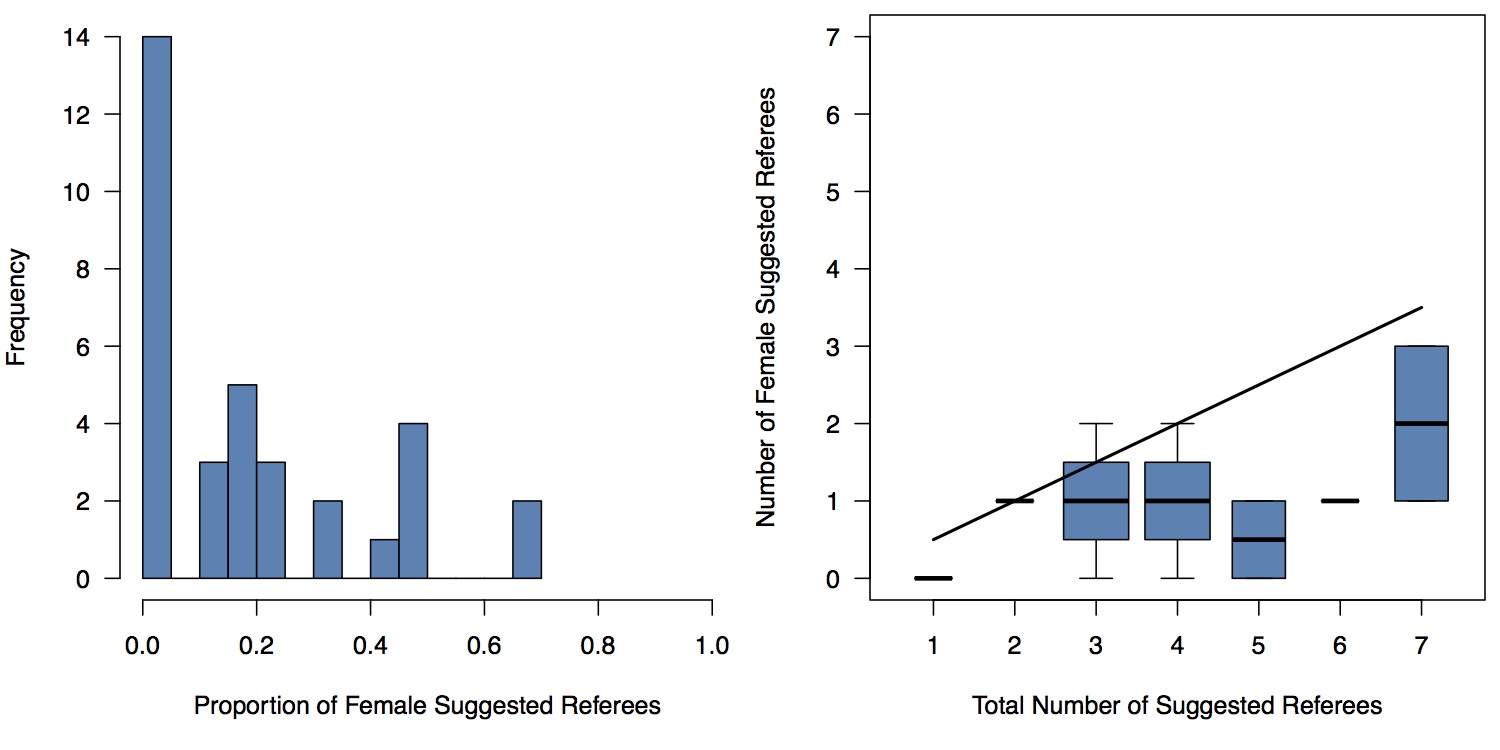I have read for pleasure for as long as I remember, some books haunting me for years after I finish them, others drawing me in only while they last. But two authors had a particularly formative influence on me in my late teens, in very different ways. Richard Dawkins caused me to reassess my position in the world. And Martin Amis showed me that so-called literary novels could also be pretty good fun. In the couple of decades since, my tastes have changed. Amis’s early novels, which made such an impression, were written while he was much younger than I am now. They are probably best left to sixth formers and twentysomethings. And as for Dawkins, well, I was convinced early on, argumentitatively so for a while; but the need to fight those fights left me as I drifted into the happy state of live and let live that Ben Goldacre wonderfully characterises as ‘apatheism’: "I'm an apatheist. It's not that i don't believe, it's more that I find all discussion of the issue shit-boring". Dawkins, of course, is still fighting; and Amis is still writing. Indeed, superficially the two seem to have followed similar trajectories from exclusive schools through Oxbridge and early brilliance and into… well, if satirist Craig Brown’s name hadn’t appeared at the bottom of this set of (supposed) Dawkins tweets would you have known they were in Private Eye? And his second volume of memoirs was greeted in Nature thus: “Brief Candle is about as edgy as Sir Mick and the Rolling Stones cranking out the 3,578th rendition of 'Brown Sugar' — a treat for fans, but reinscribing boundaries rather than crossing them”. Amis is also an easy target for ridicule, expressing with apparent seriousness not enormously sophisticated opinions on grown-up issues, like (according to the magnificent Chris Morris) 'a senile 12-year-old'. Nearly time (he's 66) for him to consider his own advice:
“Novelists are stamina merchants, grinders, nine-to-fivers, and their career curves follow the usual arc of human endeavour. They come good at thirty, they peak at fifty… at seventy, novelists are ready to be kicked upstairs.”
As with so many things I got up to when I was young, then, reading Dawkins and Amis is probably best remembered fondly than attempting again now.
And yet.
I just read a Martin Amis book. True, it was not a novel, rather a book of his literary criticism and journalism (The War Against Cliche - just the kind of ‘bits and pieces’ book I enjoy). But it was good fun, and reminded me of Amis’s twin saving graces. First, he can really write. It’s partly the technical stuff - elsewhere, he writes that you should never start successive paragraphs with the same word, unless for effect, in which case do three in a row. Impossible to unread that command and I’ve obeyed it ever since. Whether or not it makes a difference stylistically, it makes you think about your writing in useful ways. More generally I just derive great pleasure from reading a sentence like:
“Excluding a few dry-outs, in hospitals and prisons, and the very occasional self-imposed prohibition, Malcolm Lowry was shitfaced for thirty-five years”
or:
“The book bristles with beauties, charm, sublime comedies; it is also, for long stretches (approaching about 75% of the whole), inhumanly dull… The question ‘What happens next’ has no meaning, because there is no next in Don Quixote’s world: there is only more.”
The second reason to re-try Amis is that he’s funny.
For instance, he decides to review Desmond Morris’s The Soccer Tribe by writing six pages of anecdote about the travails of being an intellectual football fan (note for younger readers: in the 1980s football fans were a trainspottery bunch, before Sky required us to profess to enjoy the lucrative game), not mentioning the book until the final sentence, whereupon:
“I have only time to add that Morris’s book is handsomely packaged, that the pictures are great, magic, brill, etc., and that the text is an austere, an unfaltering distillation of the obvious and the obviously false.”
For instance, on Norman Mailer:
“He isn’t frightened of sounding outrageous; he isn’t frightened of making a fool of himself; and, above all, he isn’t frightened of being boring. Well, fear has its uses.”
For instance, the new monster in Michael Crichton’s The Lost World
“…shows promise. It is a carnotaurus, a light-heavyweight with horns… ‘Diet: Meat’, as my dinosaur encyclopaedia bluntly assures us. This is good. In the Jurassic era, as in our own, vegetarians are a drag.”
So he can write, he can amuse, and he can, of course, be cruel. (On Crichton again: “Animals — especially, if not quite exclusively, velociraptors — are what his is good at. People are what he is bad at. People, and prose.”) But Amis’s reviews are also, in aggregate, much nicer than I had expected. He states as much himself: as a critic,
“[y]ou hope to get more relaxed and confident over time; and you should certainly get (or seem to get) kinder… Enjoying being insulting is a youthful corruption of power. You lose your taste for it when you realise how hard people try, how much they mind, and how long they remember… ”
This surprising (and admittedly somewhat self-interested - note the ‘how long they remember’…) sensitivity to the efforts of others - no matter how substandard - is echoed in his review of a volume of John Updike’s collected journalism:
“Kind to stragglers and also-rans, to well-meaning duds and worthies, and correspondingly cautious in his praise of acknowledged stars and masters, Updike’s view of twentieth-century literature is a levelling one. Talent, like life, should be available to all.”
Think on this, then, before you set upon the next unfortunate manuscript to land in your inbox. And try always to get kinder.


